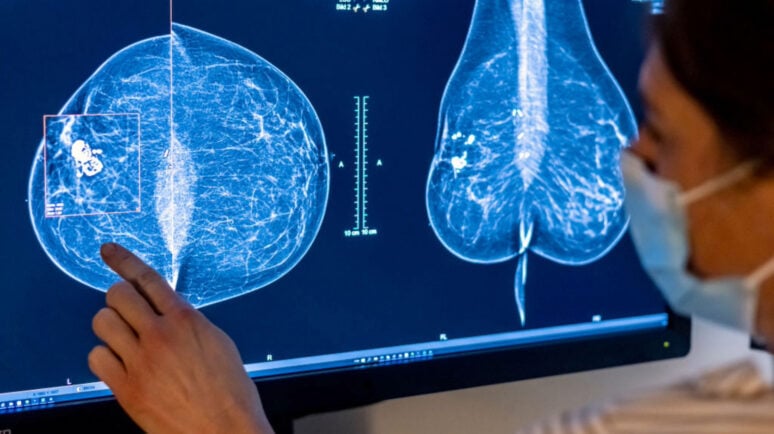AI Can Detect PTSD Following Childbirth – ADA Model More Effective Than ChatGPT

Postpartum mental illness affects millions of women annually, with no standard screening protocol. | Credit: Anadolu / Getty Images.
- AI models show significant potential in the detection of postpartum PTSD.
- Recent success stories of AI in medical settings underscore its potential in varying diagnostic contexts.
- New research could improve postpartum care by facilitating early detection and intervention, improving maternal and infant health outcomes.
Transforming Postpartum Care with AI
A recent NIH-funded study published in Scientific Reports has demonstrated the capabilities of an artificial intelligence program in identifying signs of childbirth-related post-traumatic stress disorder (CB-PTSD).
Researchers have developed a model that analyzes short narrative statements from individuals who have recently given birth. This early-stage research focuses on the detection and intervention of postpartum mental health.
With about 8 million individuals affected by CB-PTSD annually worldwide, the current diagnostic processes, which are time-consuming and costly, could be supported by artificial intelligence.
ADA Model Outshines ChatGPT in PTSD Detection
The study compared the effectiveness of two AI models: OpenAI’s text-embedding-ada-002 (ADA) model and ChatGPT. Findings reveal that the ADA model significantly outperforms ChatGPT in identifying PTSD.
According to the researchers, ChatGPT is unreliable for clinical deployment due to its design, which “does not prioritize clinical applications.” Instead, specialized natural language processing models trained on biomedical datasets remain the recommended approach for clinical uses.
Recognizing PTSD Through Speech Analysis
In an earlier 2019 study by New York University and SRI International, AI was used to detect PTSD in veterans through speech analysis.
By analyzing 40,000 speech samples from war-zone exposed veterans, the AI identified PTSD indicators with 89% accuracy, demonstrating the potential of voice analysis as a diagnostic tool.
This breakthrough, focusing on auditory markers, laid the groundwork for AI’s expanding role in PTSD diagnosis across different contexts.
Integrating AI Into Healthcare
AI’s ability to rapidly and cost-effectively screen for CB-PTSD could revolutionize how healthcare providers approach postpartum mental health, potentially reducing the risk of long-term psychological consequences and improving maternal-infant bonding.
By integrating this AI tool into routine postpartum care, healthcare providers could offer a non-invasive, efficient, and sensitive method to identify those at risk of CB-PTSD, paving the way for timely and targeted interventions.
While research is still in its early phases, recent AI medical breakthroughs demonstrate the potential for AI use in a medical setting.


